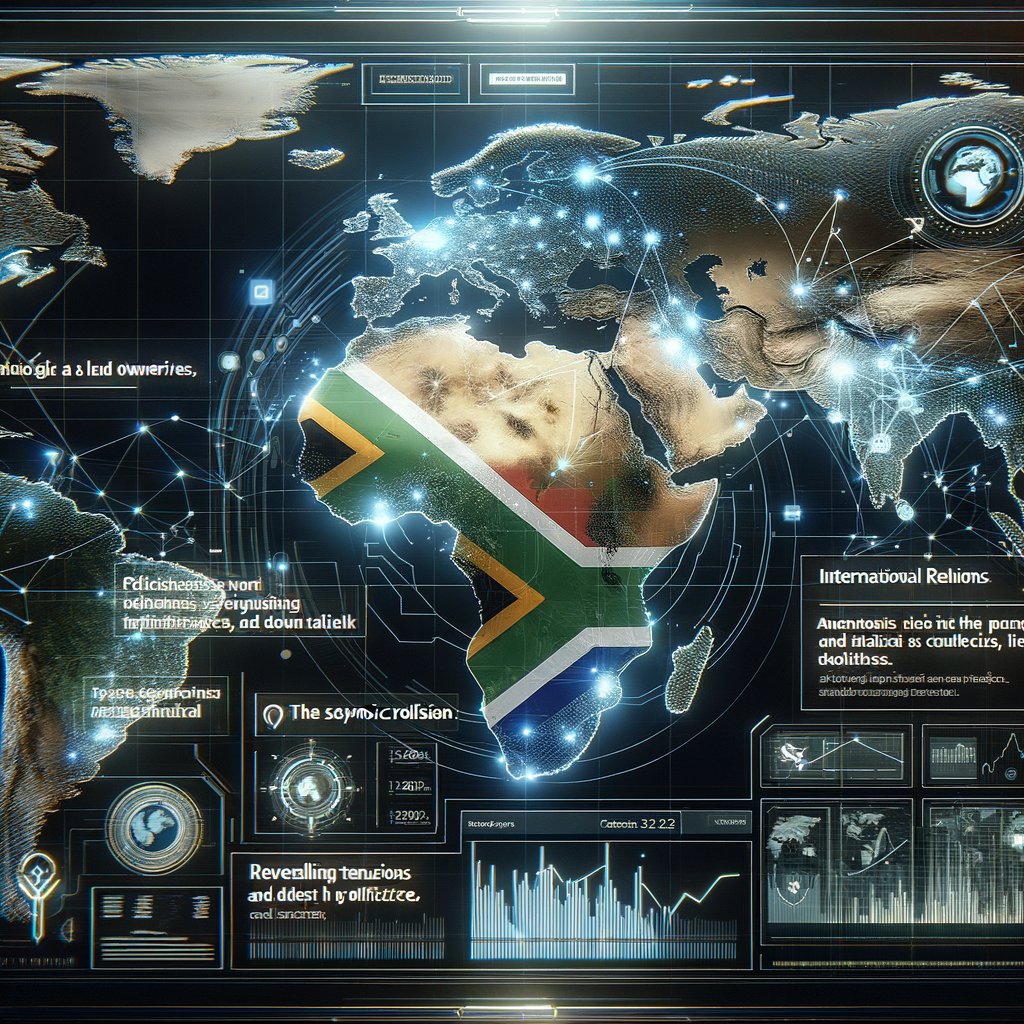Image created by AI
Elon Musk's Explosive Call for Sanctions Against Julius Malema Stirs Controversy
Tech mogul Elon Musk has sparked a firestorm of controversy with his latest comments on X, formerly Twitter, targeting South African politician Julius Malema, and challenging President Cyril Ramaphosa's leadership on sensitive racial issues.
Musk's explosive remarks emerged in a series of posts where he specifically questioned why President Ramaphosa permitted Malema, the leader of South Africa's Economic Freedom Fighters (EFF), to allegedly engender violence against white South Africans. Musk's post read, "Why do you allow this, @CyrilRamaphosa? This is a major political party in the South African parliament and their leader is calling for genocide of white people". He escalated the matter further by urging the international community to impose sanctions on Malema and label him an 'international criminal.'
These comments come in the wake of an already tense situation, following the U.S. President Donald Trump's decision last Friday to freeze U.S. aid to South Africa. Trump, citing new laws purportedly allowing the expropriation of land from white farmers without compensation—a claim the South African government has strongly refuted—also called for immediate humanitarian relief for Afrikaners facing 'racial discrimination'.
The land ownership debate remains a hot-button issue in South Africa, with substantial farmland still owned by the white minority. The government, under enormous pressure to accelerate land reform, insists that any expropriation would be lawful and is aimed at correcting historical inequities.
Adding fuel to the fire, Trump's ally Musk has echoed these sentiments, accusing the Ramaphosa administration of implementing "openly racist ownership laws", hindering his company, Starlink, from establishing its internet services in South Africa due to equity share requirements favoring historically disadvantaged groups.
Amid these escalating international conflicts over South Africa's domestic policies, U.S. Secretary of State Marco Rubio announced his decision to boycott the upcoming G20 talks in South Africa, claiming the host government harbored an "anti-American" agenda.
As this international drama unfolds, the spotlight is intensifying on South Africa's political landscape, where race, land ownership, and international diplomacy are increasingly intertwined. The global community watches closely, as the narrative continues to develop following Musk's controversial, far-reaching assertions on the global platform.










